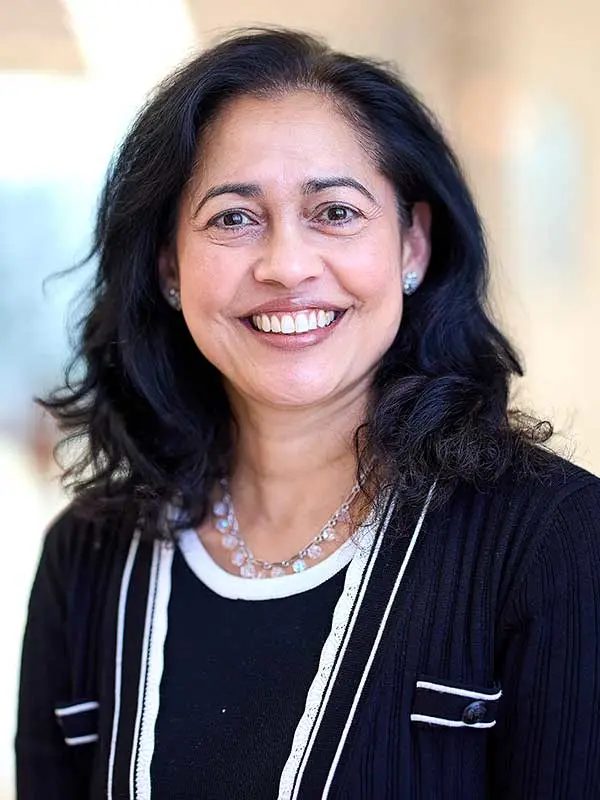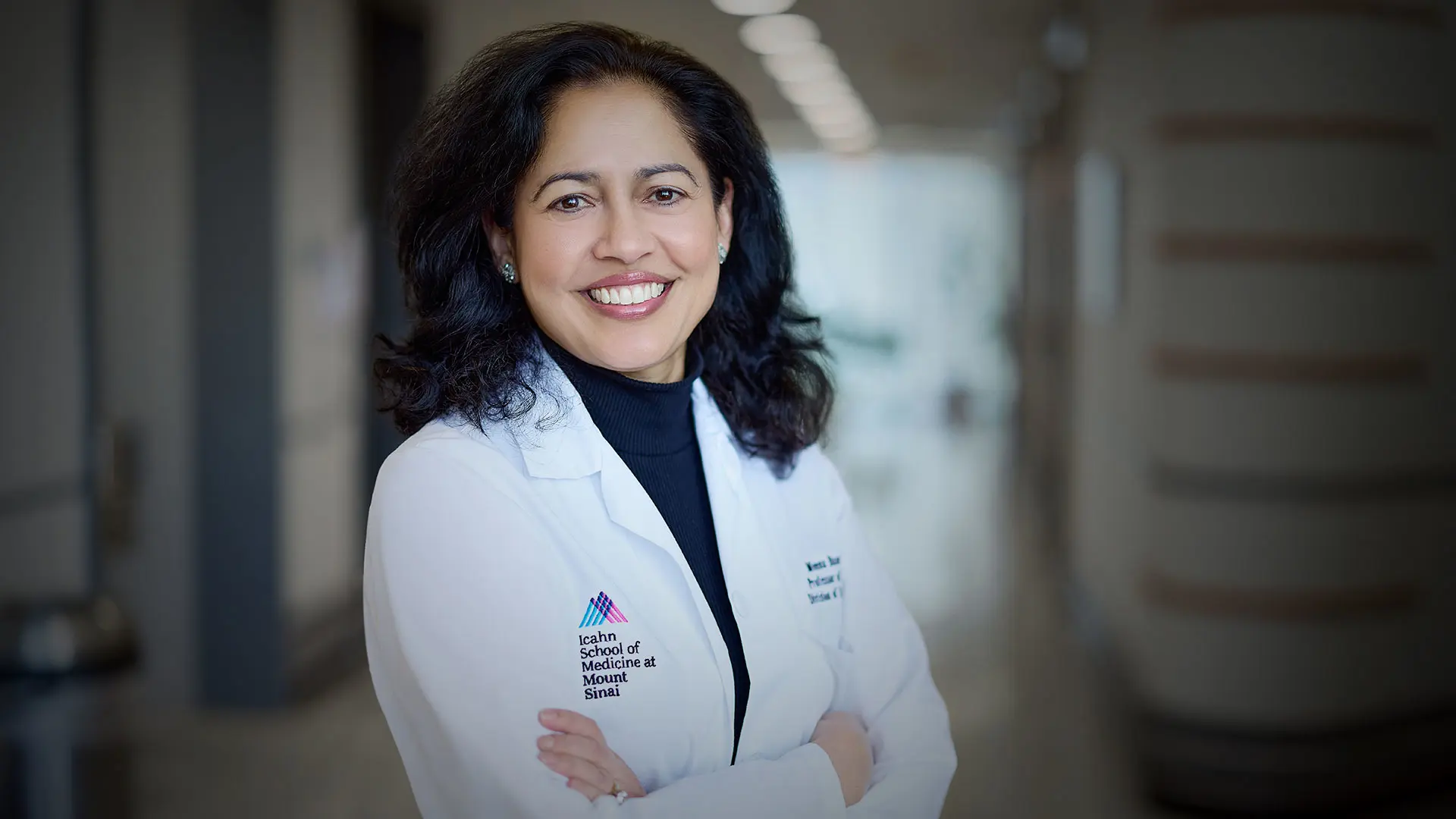At Mount Sinai’s Division of Liver Diseases, screening for and treating cancer, raising public awareness for metabolic dysfunction-associated steatohepatitis (MASH), and ensuring health equity were important areas of focus in 2024.
We moved forward with a promising effort to develop a liquid biopsy test for hepatocellular carcinoma (HCC). Previous work has suggested the value of cell-free DNA fragment analysis and 3-small RNA signatures from extracellular vesicles in plasma; our newest study is the largest to date to compare that methodology to the current standard of care: abdominal ultrasound and serum alpha-fetoprotein. Early detection biomarkers are urgently needed to catch HCC early and improve survival rates.
Another Mount Sinai study identified highly elevated expression of B7-H4, a transmembrane protein that inhibits T cell immunity, as a potential immunotherapy target for cholangiocarcinoma, another liver-related cancer with a dismal survival rate and an urgent need for new treatment approaches.
With the growing number of patients living with diabetes and/or obesity, better screening for the presence of significant fibrosis is also an urgent need in MASH, where a powerful new treatment exists but isn’t finding its way to all the patients who need it. We are collaborating with the City University of New York on a program in four U.S. cities to engage policymakers, insurance payors, and patient advocacy groups to raise awareness about this disease. Central to this mission is encouraging people with diabetes mellitus or obesity to know their fibrosis-4 score, which can be calculated with a few routine blood tests and can indicate whether follow-up with hepatology is warranted.
With health equity still a significant issue in this country, we recently launched a program called Health Equity in Action for Liver and Digestive Diseases (HEALD) to identify and address disparities across racial, ethnic, and socioeconomic backgrounds. The program is starting with a focus on hepatitis B and C screening, as well as colorectal cancer screening.
Our colleagues in Environmental Medicine and Climate Science reported that treating folic acid and other B vitamin deficiencies in pregnancy may help counter some of the adverse effects of prenatal environmental exposures on the livers of children. Exposure to environmental chemicals and endocrine disruptors during pregnancy can otherwise pose significant risks to liver health for both mothers and their offspring.
Finally, we look at the new Mount Sinai Institute for Liver Research, founded by Scott Friedman, MD, my predecessor as division chief. This unique multidisciplinary program, backed by Mount Sinai’s breadth and depth in research and care, aims to identify new therapeutic targets and establish novel, effective therapies that improve outcomes among patients with liver disease. I look forward to sharing its findings in future editions of this Specialty Report.
Division Chief

Meena B. Bansal, MD
Director, MASLD/MASH Center of Excellence; Chief, Division of Liver Diseases
